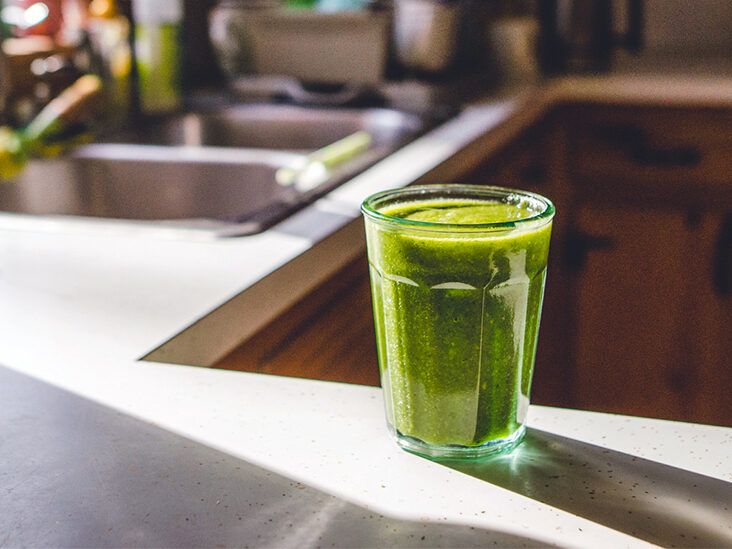Natural remedies for IBS include dietary changes like increasing fiber intake, drinking peppermint tea, and consuming probiotics to balance gut bacteria. Other helpful options include yoga, meditation, and more.
Up to 90% of people with irritable bowel syndrome (IBS) experiment with diet to help relieve IBS symptoms.
The American College of Gastroenterology recommends keeping a food diary to track what you eat and how you feel after to help determine which trigger foods to avoid.
Adding more soluble fiber to your diet may help, particularly when managing constipation. Good food sources of soluble fiber include:
Soluble fiber can also be found in supplement form known as psyllium.
When increasing your fiber intake, go slow and drink plenty of water. Upping your intake too quickly can bring on symptoms like gas and bloating. And ingesting too much fiber and not enough water can make constipation worse.
Adding more magnesium to your diet may help relieve IBS, especially when managing constipation. While magnesium is available in supplement form, start by incorporating more of these magnesium-rich foods into your diet:
- legumes
- nuts
- seeds
- spinach
- whole grains
Magnesium draws water into the intestines to soften the stool and make it easier to pass. But magnesium may not be the answer if you have diarrhea. It may lead to diarrhea if you take too much.
Ask your doctor or dietitian if magnesium may be right for you and, if so, how much. The typical dosage for adults is up to
A
Review authors noted that in one control trial, ginger was not proven to help relieve IBS symptoms any better than the placebo.
Some people find relief from a soothing cup of tea. IBS-friendly teas include:
When trying a cup of tea, keep it on the weak side. Certain varieties, like strong black tea or any others with caffeine, may worsen IBS symptoms.
Peppermint oil has been established as a safe, effective option for IBS relief. Peppermint oil’s side effects, including heartburn and discomfort, are mild and temporary.
Compared to other solutions, experts say peppermint oil could be viewed as the go-to treatment for general IBS symptoms. Just look for therapeutic-grade options.
Melatonin is a hormone produced in your pineal gland that helps with sleep regulation and digestion. For those with IBS, melatonin regulates intestinal motility (the movement of intestinal muscles).
According to a
You can find melatonin online and at local drugstores. It’s often marketed as a sleep aid because of its wide use in treating insomnia.
Probiotics are the “good bacteria” found in your digestive system. Available as supplements and in food, probiotics keep your digestive system healthy. In people with IBS, they may work similarly, restoring balance in otherwise troubled intestines.
A 2022 research review has shown that probiotics may aid several problems associated with IBS, such as:
- bacterial overgrowth in the small intestine
- inflammation
- motility
- hypersensitivity
Studies looking into which probiotics are most helpful are ongoing.
Researchers are continuously evaluating the effectiveness of existing remedies and looking into new options.
Outside of specific nutrients and supplements to try, stress may affect IBS. Taking daily steps to manage or reduce stress levels may help relieve symptoms. Relaxation techniques like meditation and mindfulness may, in particular, help improve bowel habits.
Regular exercise may also help improve IBS symptoms, especially constipation.
Most people with IBS experiment with various natural remedies to help relieve digestive symptoms. Work with your healthcare team to determine which options may best help you.








